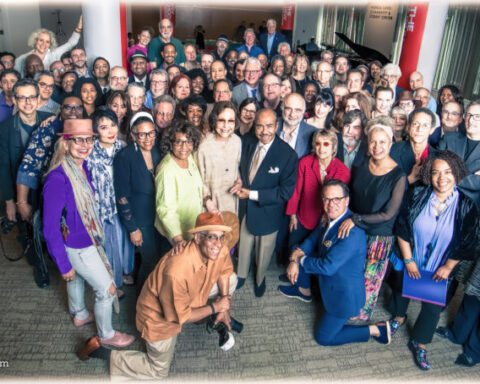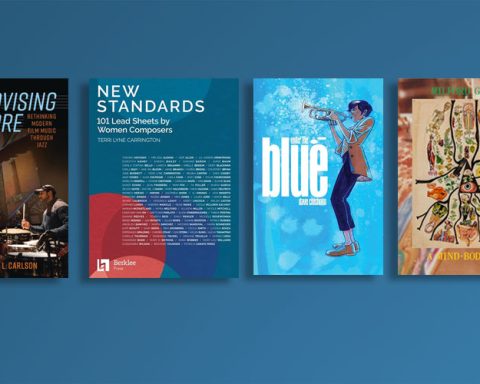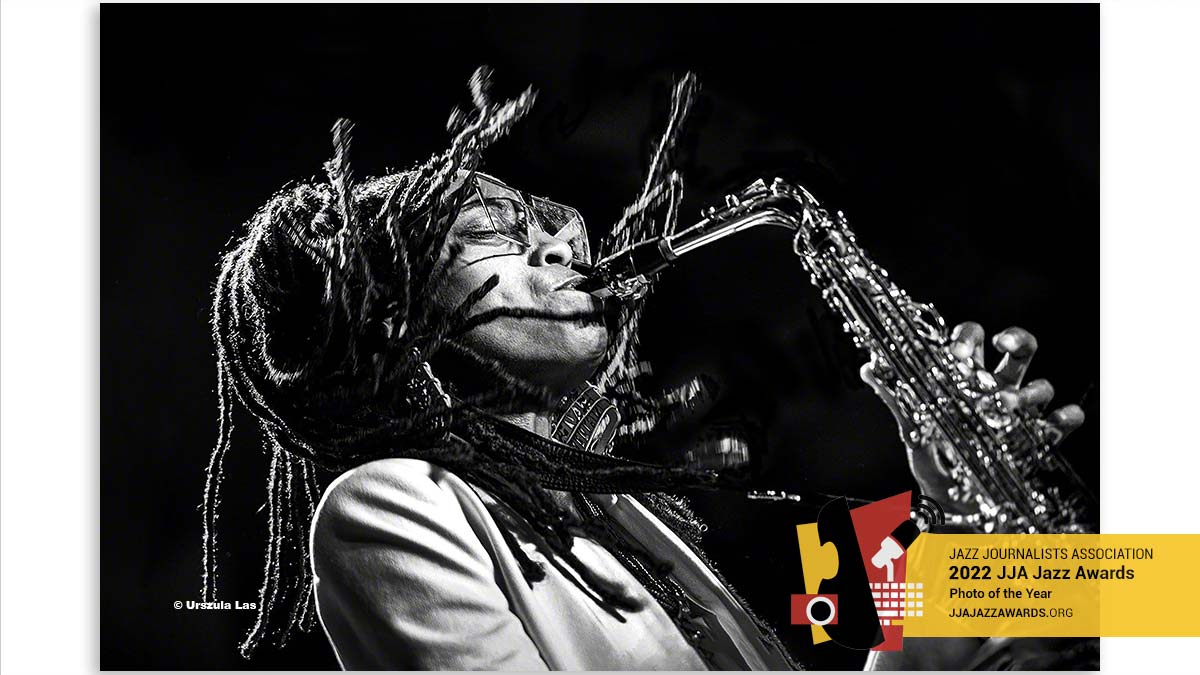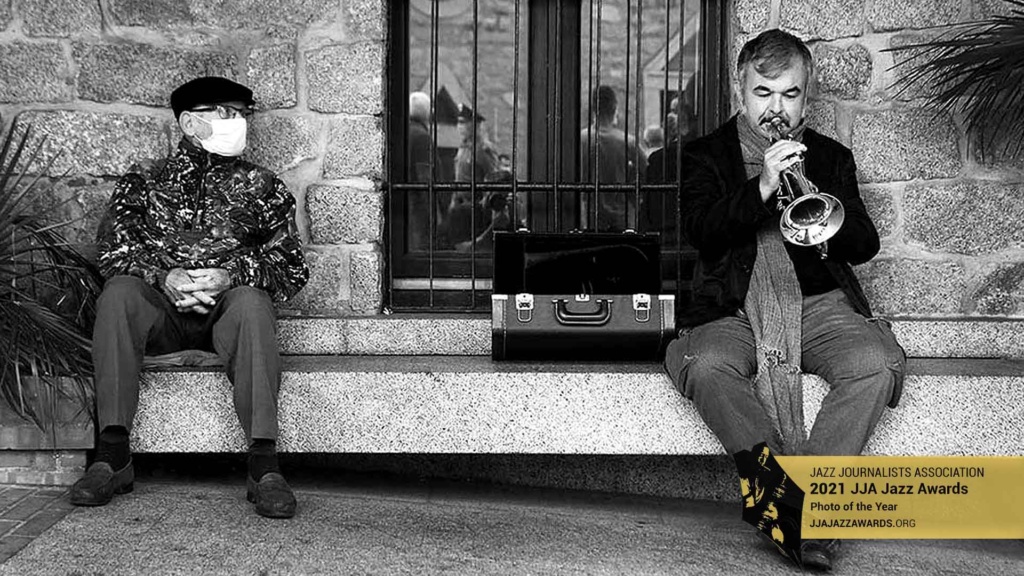Three writers of lives of pianists whose careers overlapped — Paul de Barros, Robin D.G. Kelley and Peter Pullman, respectively documenting Marian McPartland, Thelonious Monk and Bud Powell — will discuss their experiences of research, reconstruction and relationships with sources during “Writing Jazz Biographies,” the third JJA online “panelar.” Moderated by JJA president Howard Mandel, the panelar is scheduled for Wednesday, Sept. 19, 8 pm EDT and will last 90 minutes. The panelar (neologistic variation of “webinar”) is free but must be registered for in advance at GoToMeeting.com.
The panelar format has panelists presenting their experiences briefly, followed by questions from attending registrants (posted as text, given voice by the webinar moderator). Shall We Play That One Together?: The Life and Art of Jazz Piano Legend Marian McPartland by de Barros will be published Oct. 16; Kelley’s Thelonious Monk: The Life and Times of an American Original received the JJA’s Jazz Award for Book of the Year in 2010, and Pullman’s Wail: The Life of Bud Powell, published as an e-book and paperback, is reviewed here by Mandel.
A gloss on the panelar topic:
Biographies are among the most challenging form of non-fiction written by jazz journalists and scholars. They typically require deep investigation into the subject’s world, which whether past or present will be multi-faceted and viewable from multiple perspectives. Biographies necessitate detailed research, and usually multiple interviews of people with whom the writer must carefully create ongoing relationships. To make vivid and comprehensible the life, times and accomplishments of a musician demands high level writing skills as well as special sensitivity to a vast ouevre. And biographies are not written quickly. So how does a writer select his or her subject? Are biographies sought by publishers? What are the challenges, and what are the rewards, to being a biographer?
Some 60 registrants attended the first and second of the JJA’s monthly online discussions, “Introducing Jazz Journalism Now” and “Covering Jazz Festivals,” which are now archived for free access.






